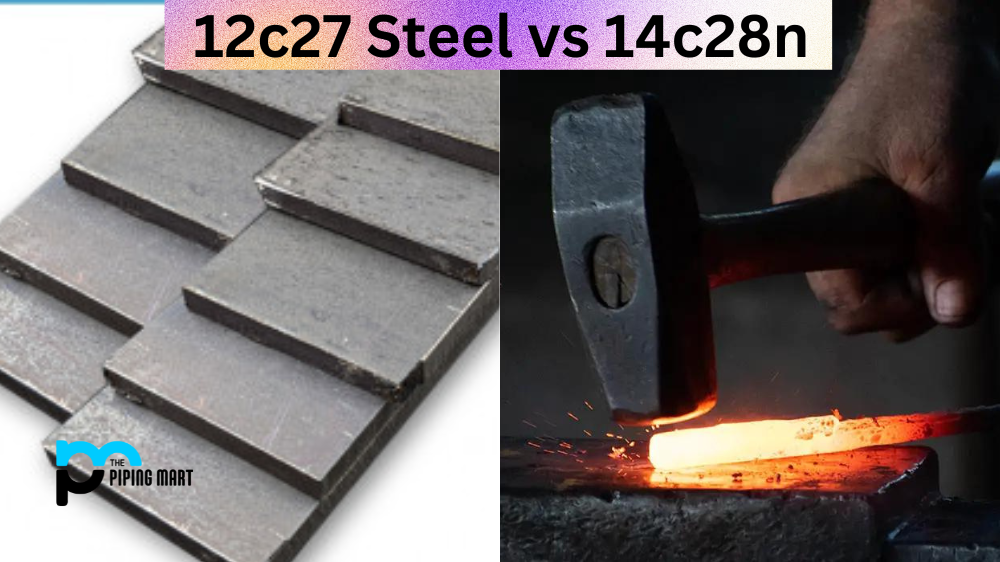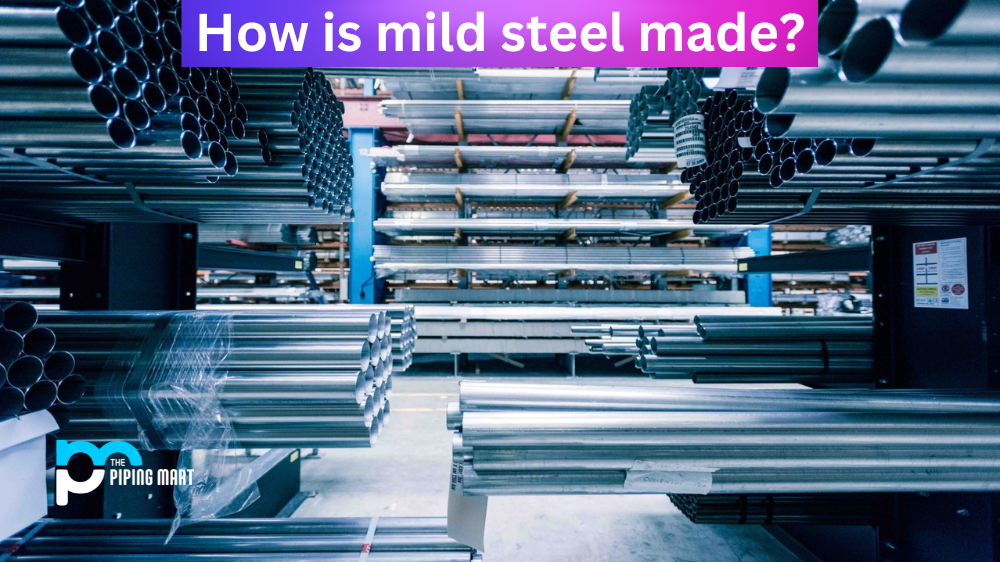When it comes to electricity, conductors and insulators are two essential concepts. Conductors, such as copper and aluminium, allow electricity to pass through them easily, while insulators, such as rubber and plastic, prevent electricity from passing through them. But what about stainless steel? Is stainless steel a conductor or an insulator? Let’s take a closer look at this material.
Stainless steel is a metal alloy composed of iron, chromium, nickel and other elements. It has many excellent properties make it one of the most popular materials used in construction and engineering applications. However, stainless steel falls somewhere in between a conductor and an insulator when it comes to electrical conductivity. That is because different types of stainless steel can have different levels of electrical conductivity depending on their composition.
Certain types of stainless steel are considered excellent electrical conductors due to their high chromium content (greater than 16%). These types of stainless steel have a low resistivity, allowing an electric current to flow through them easily. However, other types of stainless steel with lower chromium content (less than 16%) are considered poor electrical conductors as they have higher resistivity and do not allow an electric current to flow through them easily.
In addition to its composition-dependent electrical conductivity, the surface finish of stainless steel also plays an important role in its ability to transmit electricity. A smooth finished surface will provide better conduction than a rougher one since there is less resistance along the surface contact area between two pieces of metal. It would help if you always used properly polished stainless steel when working with electricity.
Conclusion:
To sum up, whether or not stainless steel is considered an electrical conductor or insulator depends on its composition and surface finish. Certain types of stainless steel with high chromium content can be excellent electrical conductors, while others with lower chromium content may be poor ones. Also, the smoother the surface finish on the material, the better it will transmit electricity without any resistance. Therefore, if you need to use stainless steel for any electrical application, you should carefully consider its composition and surface finish for optimal results.

Pipingmart is a B2B portal that specializes in metal, industrial and piping items. Additionally, we share the latest information and information about materials, products and various types of grades to assist businesses that are involved in this business.




